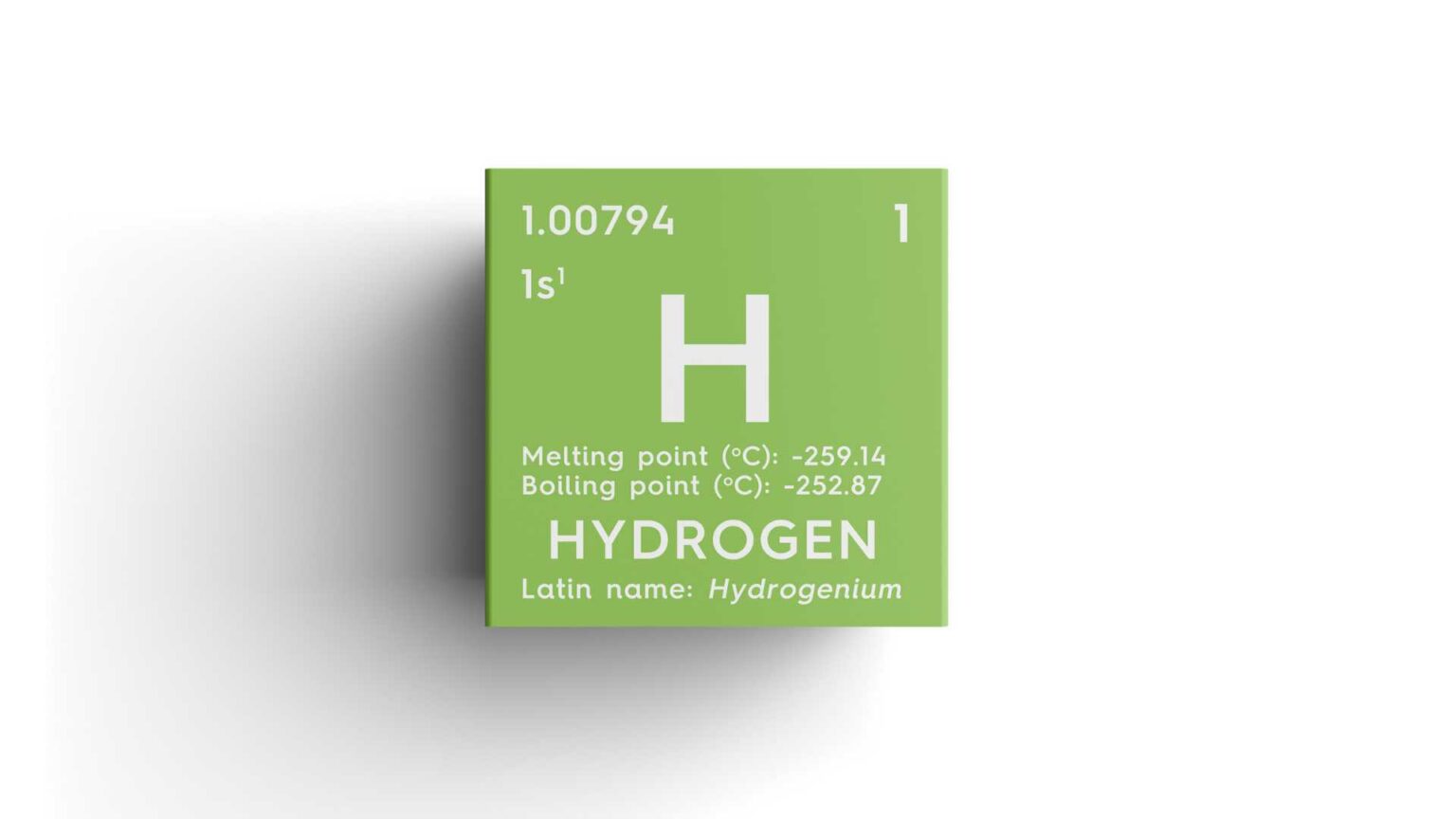The Franco-German parliamentary assembly’s efforts to revive energy cooperation between two European powerhouses signal a potential shift towards collaborative strategies in the hydrogen and geothermal sectors.
Historically, France and Germany have held divergent views on energy policy, with France advocating for nuclear power and Germany championing renewable energy sources. Bridging this gap is essential for advancing a unified European energy agenda.
Lawmakers from both countries are pushing for a joint declaration to mend energy policy differences and prioritize common interests. The declaration emphasizes the need for a shared European hydrogen strategy by 2025, with a focus on renewable-based ‘green’ hydrogen while remaining open to low-emission variants, including nuclear hydrogen.
The proposed joint declaration lays the groundwork for updating the current EU hydrogen strategy, highlighting the importance of cross-border collaboration and infrastructure development. While green hydrogen remains the priority, the inclusion of nuclear hydrogen reflects a pragmatic approach to diversifying energy sources.
In addition to hydrogen, the declaration addresses the untapped potential of geothermal energy. France and Germany aim to establish a joint strategy to support geothermal energy by 2025, with a focus on addressing climate change and strengthening bilateral cooperation.
The declaration emphasizes the importance of expanding European grids in a cross-border and intelligent manner, signaling a commitment to enhancing energy infrastructure connectivity. A proposed Franco-German-Polish energy forum aims to strengthen cooperation between network operators and promote regional energy integration.
While nuclear energy remains a contentious issue, the declaration calls for continued research on nuclear safety and proliferation resistance. This pragmatic approach acknowledges the need for ongoing dialogue and collaboration to address nuclear-related challenges.
